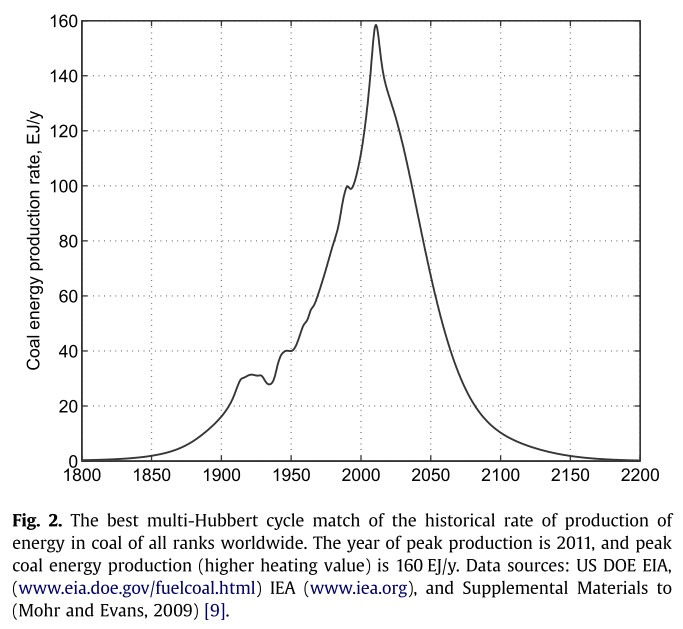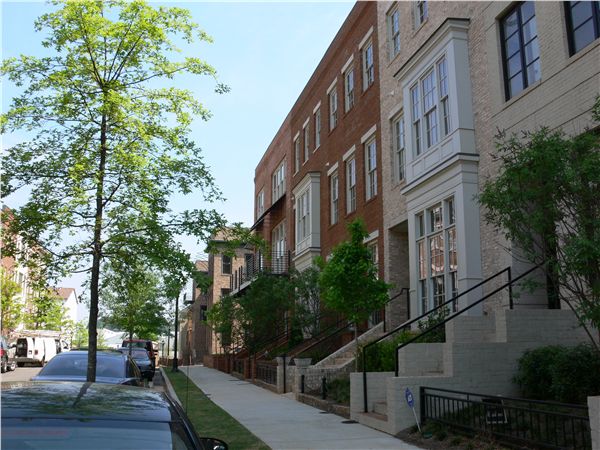No surprise here, but Treasury Secretary Timothy Geithner & co. gave no mention to sustainability at Tuesday’s summit on housing and what to do about Fannie Mae and Freddie Mac. No talk of location-efficient mortgages, which make the costs of transport in a particular neighborhood a consideration in lending. No talk of energy-efficient mortgages, which recognize that leaky homes cost more to heat and cool than well-sealed ones. No love for Transit Score, Abogo, or other apps that shine light on the financial benefits of living in walkable, transit-connected places.
The summit focused on the question of what to do with Fannie and Freddie, which have already required more than $150 billion in taxpayer bailouts. I’ll let others tangle with that dilemma (Zachary Goldfarb has a recap at The Washington Post).
Housing and Urban Development Secretary Shaun Donovan came the closest to reminding everyone that the housing crises takes place within larger contexts, but he didn’t quite get to the whole ecological emergency thing.
Housing finance runs through the core of our entire economy — for better and for worse. Our residential housing market is one of the largest sectors in our economy, making housing finance important not just to housing, but to the American economy as a whole — and, indeed, to the global economy.
… When you choose a home, you don’t just choose a home. You choose a community — schools for your children, public safety, and access to jobs.
You also choose a location that may or may not require a ton of driving to take care of daily needs. Donovan has had some promising things to say in the past about New Urbanism and why the government should stop subsidizing sprawl. It would have been helpful to make that part of the conversation on the future of Fannie and Freddie.



